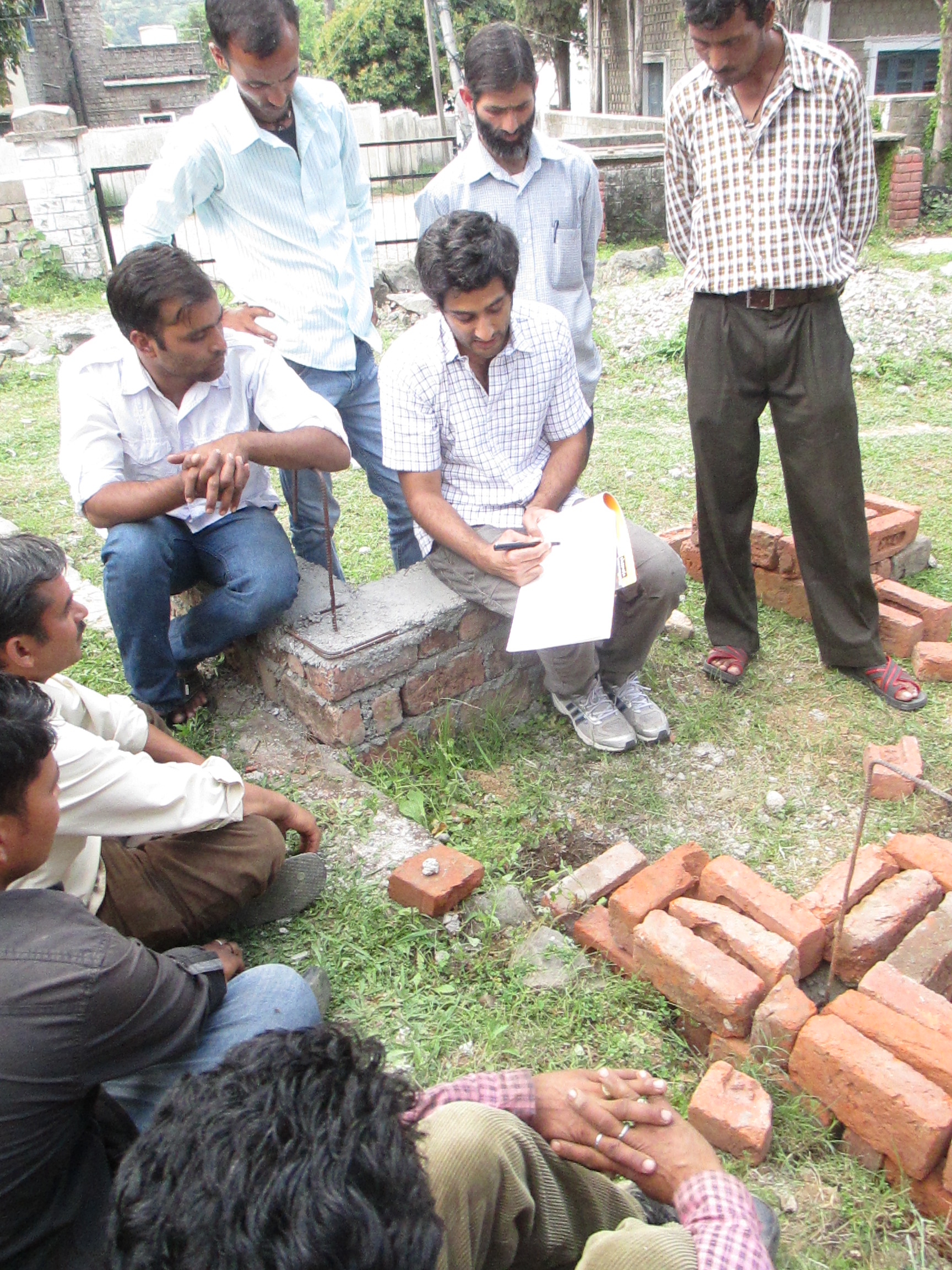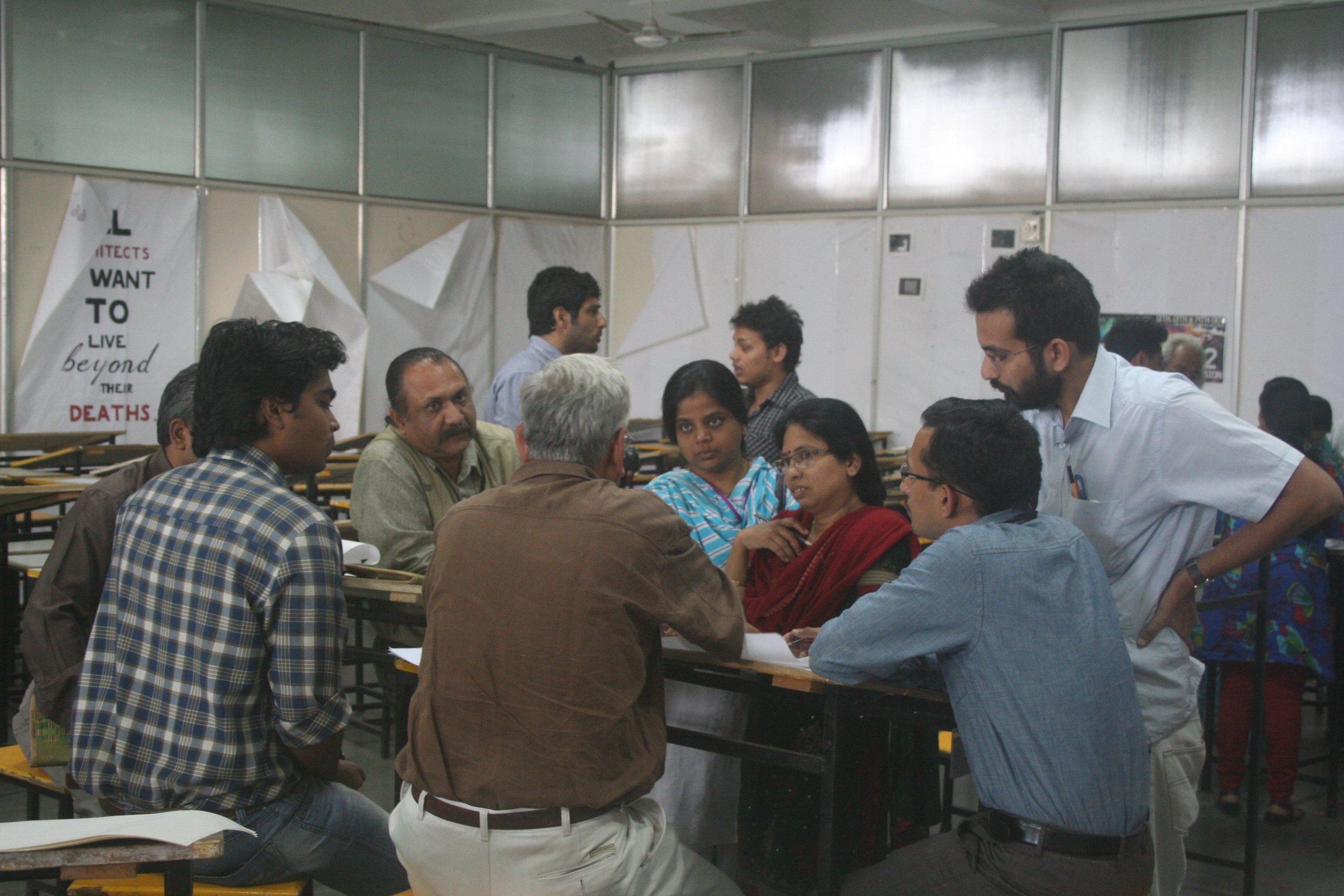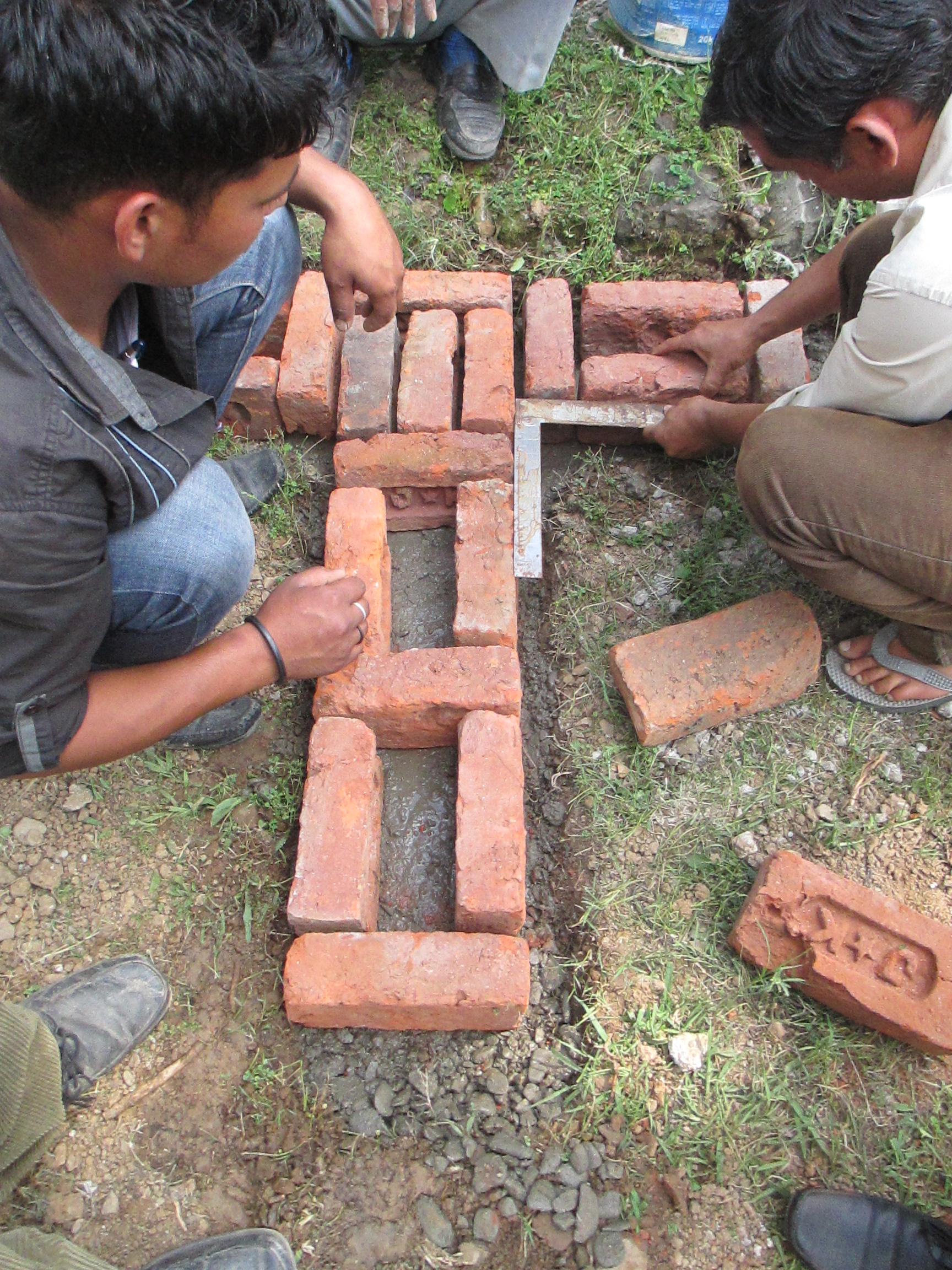Training modules launched for climate compatible construction in India
Training modules launched for climate compatible construction in India
The construction sector is an important driver of growth in the Indian economy and contributor to employment. It also plays a vital and complicated role in efforts to tackle climate change. The sector emits about 22 per cent of India’s total annual CO2 emissions, which is expected to increase as the population grows. At the same time, buildings and infrastructure are vulnerable to the impacts of climate change, particularly natural disasters such as floods and cyclones. Within the construction sector therefore there is great potential to promote climate compatible development, both in terms of reducing GHG emissions and building homes which can withstand natural disasters.
The movement towards a low carbon, climate resilient construction sector is dependent on creating an enabling environment focusing on three key factors-
- Knowledge: building of the technology base,
- Policy: strengthening the institutional framework and
- Finance: devising innovative mechanisms.
[caption id="attachment_38969" align="alignleft" width="150"] Mason training in Himchal Pradesh[/caption]
Mason training in Himchal Pradesh[/caption]
While the Government of India has recognised the need for action in this sector, there is a lack of attention towards the 70 million people living in rural spaces and small towns which are emerging as areas of high growth. This training kit aims to bridge this gap by generating knowledge support for climate compatible solutions for small towns and rural spaces to build capacity for policy makers, building professionals and artisans.
[caption id="attachment_38971" align="alignright" width="150"] Building Professionals Training in Madhya Pradesh[/caption]
Building Professionals Training in Madhya Pradesh[/caption]
Three different training modules have been designed by Development Alternatives for each group on climate compatible Construction. These are two day exercises to orient the participants towards using low carbon and resilient construction concepts while designing policies and programmes. The training module guide is designed for the use of trainers only. The training kit comprises of documents needed to implement the workshop.
What is unique about these training modules is that they are not only targeted to a particular audience, but also to a particular context. Three different modules have been designed for each group for a particular state in India, which represents a particular climatic condition: Himachal Pradesh – wet-hilly terrain; Orissa – coastal, and Madhya Pradesh – semi-arid.
These modules have been tested and refined with the Government in each state. In total, over 50 masons, and 100 architects, engineers and planners, and 60 policy makers have received this training.
Find below the links to each training module, for a particular target group and state.
Policy Makers:
- Orissa
[caption id="attachment_38976" align="alignright" width="150"] Masons learning the 'Rat Trap Bond' technique[/caption]
Masons learning the 'Rat Trap Bond' technique[/caption]
Building Professionals:
- Orissa
Artisans:
- Orissa
Read an article from Kriti Nagrath from Development Alternatives on the key policy recommendations which have emerged from this partnership with CDKN and three State Governments on climate compatible construction.
For more information, contact Elizabeth.gogoi@cdkn.org
